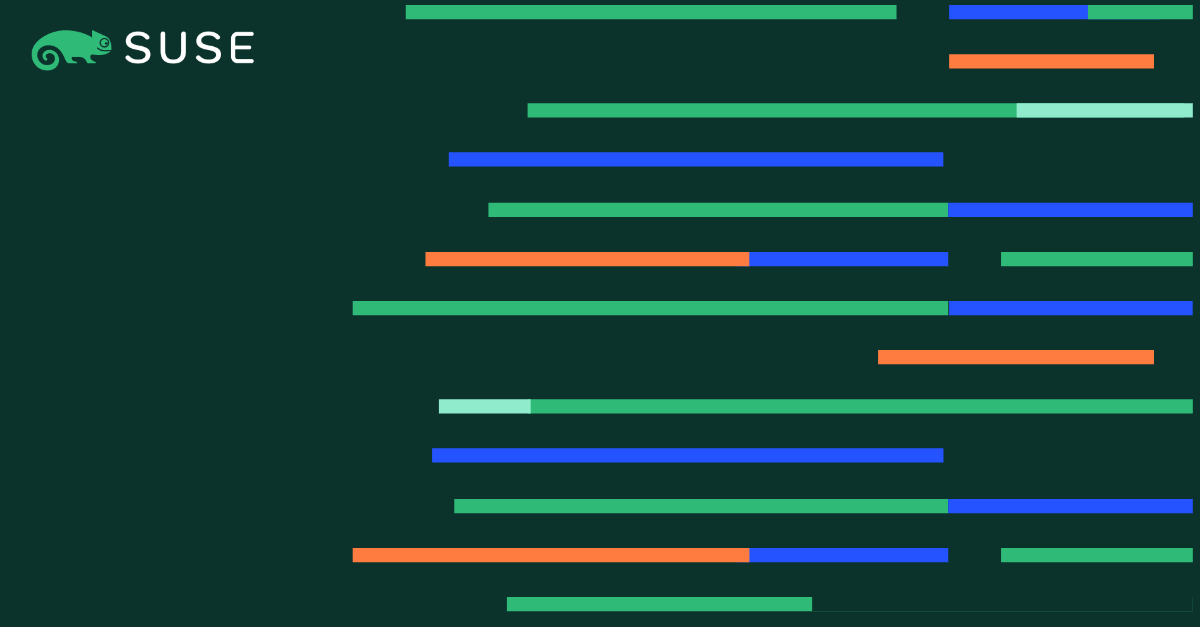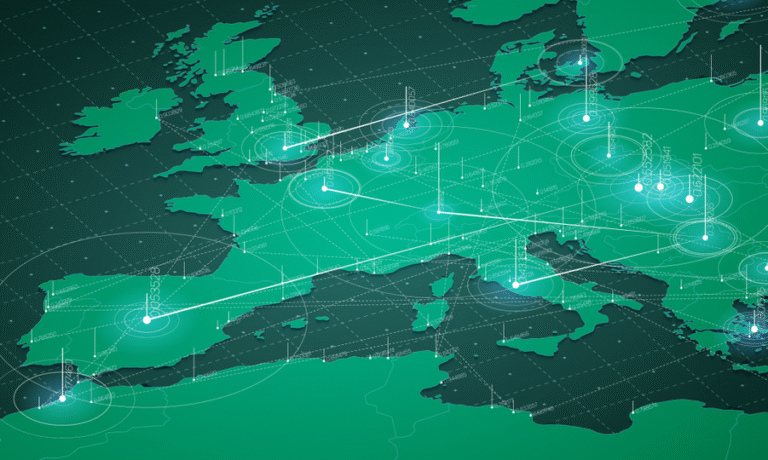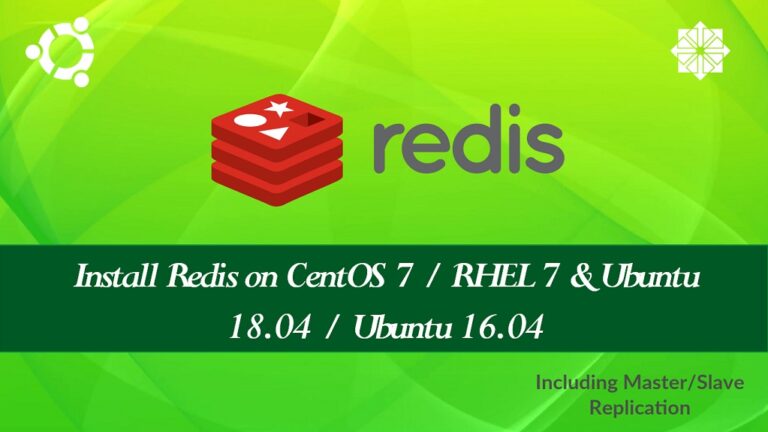
Beyond the standard cloud: The rise of digital sovereignty
Contents
- 1 Beyond the standard cloud: The rise of digital sovereignty
- 2 What is a sovereign cloud?
- 3 Sovereign cloud vs. public cloud: Key differences
- 4 The driving forces: Why is sovereign cloud exploding in popularity?
- 5 The pillars of a true sovereign cloud: Core features and principles
- 6 How to choose a sovereign cloud provider: A buyer’s checklist
- 7 Building sovereignty as a strategic business advantage
Cloud computing changed how businesses work, but organizations now face growing pressure to balance innovation with data control and security. This tension has led to the rise of sovereign cloud solutions as a strategic response to our changing geopolitical and regulatory world.
The sovereign cloud is a fundamental shift in how we think about digital sovereignty. While traditional cloud services focus on scalability and cost-efficiency, sovereign clouds put control and compliance first. This approach tackles growing concerns about data residency, foreign surveillance laws and the need for operational independence.
This article will give you a simple definition of sovereign cloud, explore the key drivers behind its fast adoption, look at its core principles, explain how it works in practice and help you choose the right solution for your organization.
What is a sovereign cloud?
A sovereign cloud is a cloud computing environment where all data gets stored and processed under the exclusive legal jurisdiction of a specific country, safe from foreign laws and access requests. Think of it as owning a secure vault within your own country’s borders, where only you and your country’s laws hold the key.
According to Forrester’s research, digital sovereignty covers “the data, hardware, network, and software protections that help define your sovereign IT landscape in compliance with regulations.” The sovereign cloud works as the technical foundation for getting this level of control.
Unlike traditional public clouds, sovereign clouds work with three key differences: complete data residency within national borders, exclusive jurisdictional control under local laws and operational independence from foreign entities. This creates an environment where your data stays under your control and your government’s protection, no matter what happens with international political tensions or foreign legal demands.
Sovereign cloud vs. public cloud: Key differences
When comparing sovereign clouds to public clouds, several key differences come up. In terms of data residency, sovereign clouds guarantee in-country storage and processing, while public clouds may get stored globally across multiple regions. For legal jurisdiction, sovereign clouds are subject only to local laws and regulations, whereas public clouds are open to foreign legal frameworks and access requests.
Regarding operational control, sovereign clouds are managed by local entities under national oversight, while public clouds are run by multinational corporations with global governance. Finally, when it comes to compliance, sovereign clouds offer built-in regulatory compliance by design, but public clouds need additional configuration and management for compliance.
The driving forces: Why is sovereign cloud exploding in popularity?
The surge in sovereign cloud adoption comes from three connected forces reshaping the world of technology. These can explain why organizations across industries are rethinking their cloud strategies.
Regulatory compliance and data privacy laws
Governments worldwide are putting in place tougher data protection regulations. Europe’s General Data Protection Regulation (GDPR) set the standard, requiring organizations to maintain detailed control over personal data and face big penalties for violations. India’s upcoming Digital Personal Data Protection Act (DPDPA) will put similar requirements on Indian citizens’ data.
These regulations don’t just ask for data protection – they also demand data sovereignty. Organizations must prove where their data sits, who has access to it and how it’s protected. Sovereign clouds are built to meet these tough requirements by default, eliminating the compliance burden that traditional cloud services often create.
Geopolitical risk and foreign access
Foreign laws with extraterritorial reach create big risks for data stored in traditional public clouds. The U.S. CLOUD Act, for example, can force U.S.-based cloud providers to hand over data no matter where it’s physically stored. This creates a direct conflict with local privacy laws and organizational data protection policies. However, sovereign clouds give you a direct solution to this jurisdictional risk by making sure data never falls under foreign legal authority.
Protecting critical infrastructure and national security
Public sector organizations, defense contractors and companies managing essential services face unique needs for protecting sensitive national data. These organizations need to know that their cloud infrastructure can’t be compromised by foreign interference or surveillance.
The importance of digital sovereignty goes beyond government agencies. Healthcare systems managing patient data, financial institutions processing transactions and telecommunications companies handling communications all need the same level of protection that sovereign clouds give you.
The pillars of a true sovereign cloud: Core features and principles
Not all cloud services claiming to be “sovereign” actually deliver true sovereignty. Understanding the core pillars helps you check vendors and make sure you’re getting genuine sovereign cloud capabilities.
Data residency and data sovereignty
True data sovereignty goes beyond simple data residency. While many cloud providers let you store data in specific geographic regions, sovereign clouds make sure that data is not only physically located in-country but also subject only to that country’s laws.
This difference matters because traditional cloud providers may store your data locally but still work under foreign legal frameworks. In a sovereign cloud, both the data and the legal framework protecting it stay under local jurisdiction.
Operational independence
Sovereign clouds need local operations, support staff and management to make sure no foreign entity has operational control over your infrastructure. This includes everything from data center personnel to customer support representatives.
SUSE’s experts on digital sovereignty explain that sovereignty isn’t just about where you store data. It covers control, flexibility and your entire business operation, including how you handle processes, support and data management.
Immunity from foreign law
Perhaps the most important pillar, jurisdictional immunity protects sovereign cloud data from foreign legal requests and surveillance programs. This protection comes from the combination of in-country data residency, local operational control and domestic legal frameworks.
Data security and transparency
Strong security controls, encryption and transparency in data management and access form the foundation of any sovereign cloud solution. Organizations must understand exactly how their data gets protected, who has access and under what circumstances that access might be granted.
Europe’s Gaia-X initiative
The German and French-led Gaia-X project is a big effort to create a federated, secure European data infrastructure. This initiative aims to reduce European dependence on non-EU hyperscalers while keeping the benefits of cloud computing. Gaia-X shows how sovereign cloud principles can scale beyond individual organizations to entire economic regions.
The Indian context: Digital sovereignty and the DPDPA
India’s new DPDPA is driving huge demand for in-country sovereign cloud solutions. The legislation makes Indian companies store and process citizen data within India’s borders, creating opportunities for local data centers and Indian cloud providers to meet this growing need.
This regulatory shift shows how sovereign cloud adoption often follows legislative changes rather than purely technical considerations. Organizations working in multiple jurisdictions must plan for these changing requirements.
How to choose a sovereign cloud provider: A buyer’s checklist
Selecting the right sovereign cloud provider takes careful evaluation across multiple dimensions. Use this checklist to check out potential vendors and make sure they can deliver true sovereign cloud capabilities:
Data location and control:
- Where is my data physically stored, and where are the backups?
- What guarantees do you give about data never leaving the specified jurisdiction?
- How do you handle data encryption and key management?
Legal and operational structure:
- What is the legal jurisdiction and ownership structure of your company?
- Are your support and operations staff located in-country and subject to local law?
- What is your policy for responding to foreign legal requests?
Compliance and certification:
- How do you guarantee immunity from foreign data access requests?
- What specific compliance certifications (like GDPR, ISO 27001, etc.) do you hold?
- How do you help customers stay compliant with local regulations?
Technology and independence:
- What level of vendor lock-in does your platform create?
- How do you make sure business continuity if geopolitical situations change?
- What open sovereign IT capabilities do you give?
The answers to these questions will show whether a provider offers genuine sovereign cloud capabilities or simply marketing-driven sovereignty claims.
Building sovereignty as a strategic business advantage
Sovereign cloud adoption creates proactive strategic advantages for forward-thinking organizations. By choosing sovereignty, businesses build deeper trust with customers who increasingly value data privacy and security. This trust turns into competitive differentiation in markets where data protection concerns influence purchasing decisions.
Risk mitigation goes beyond regulatory compliance to include operational resilience. Organizations with sovereign cloud infrastructure can keep operating even during geopolitical tensions that might disrupt traditional cloud services. This stability gives you a foundation for consistent innovation and growth.
The strategic value of sovereign cloud becomes clear when considering long-term business continuity. As SUSE’s approach to digital sovereignty shows, organizations can adapt to new local needs while reducing risk, offering open, flexible solutions for whatever comes next.
Perhaps most importantly, sovereign cloud adoption puts organizations ahead of regulatory curves rather than behind them. As data protection laws keep expanding globally, businesses with sovereign cloud foundations can adapt quickly to new requirements without major infrastructure overhauls.
Ready to explore how sovereign cloud solutions can strengthen your organization’s data strategy? Download the Forrester report on digital sovereignty regulations to understand the regulatory landscape shaping cloud decisions worldwide.
(Visited 1 times, 1 visits today)






